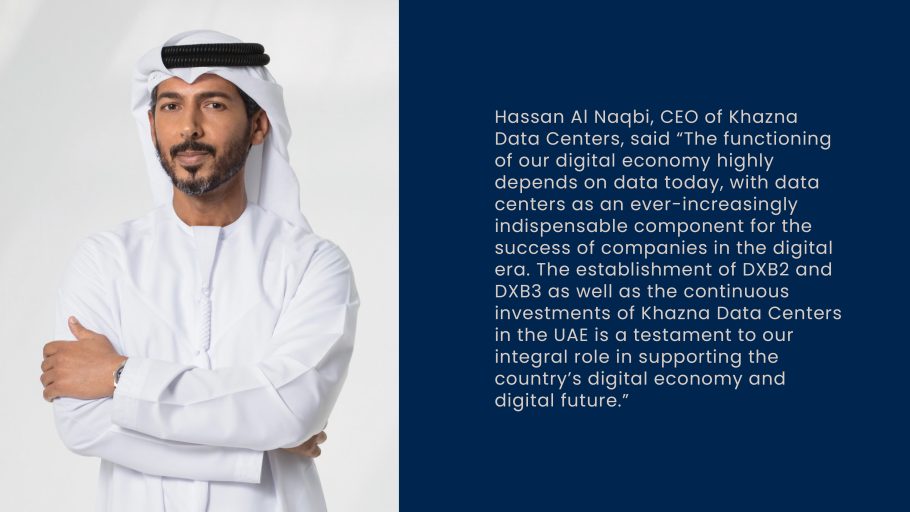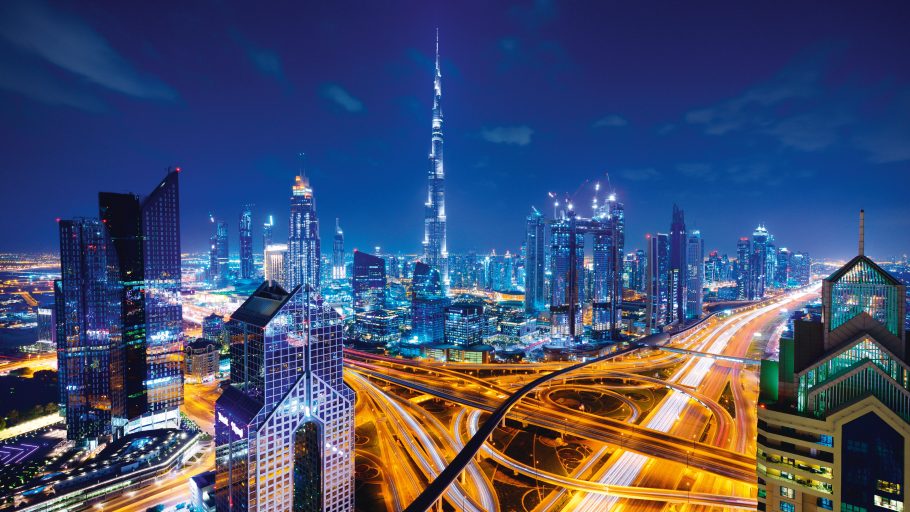Earlier this year, the Crown Prince of Dubai, Sheikh Hamdan, launched the Dubai Metaverse Strategy, which outlined plans to make the city one of the leading metaverse economies and a major hub for the global metaverse community. The city is already setting strong foundations for the metaverse to thrive by exploring opportunities around infrastructure, education, technology, and more. The strategy aims to attract more than 1,000 companies in the fields of blockchain and metaverse, with the government planning to create more than 40,000 virtual jobs by the end of 2030. The Dubai Metaverse Strategy estimates that the Metaverse will add four billion USD to its economy by 2030.
The key pillars of the Dubai Metaverse Strategy are a focus on extended reality, augmented reality, virtual reality, mixed reality, and digital twins. Other pillars include promoting the full deployment of 5G networks to enable Edge computing and provide on-demand computer system resources. With an aim to foster innovation and talent, enhance economic contributions, and promote advanced ecosystems that will attract companies and projects to city, Dubai’s status as a smart city is set to escalate.

SMART SUSTAINABLE CITY
The International Telecommunications Union (ITU) defines a smart sustainable city as an innovative city that uses information and communication technologies (ICTs) and other means to improve quality of life, efficiency of urban operations and services, and competitiveness, while ensuring that it meets the needs of present and future generations with respect to economic, social, and environmental aspects. A smart city is one where conventional networks and services are made more efficient using digital solutions. Think of data-driven, highly efficient decision making, where big data and the Internet of Things (IoT) facilitate enhanced metric monitoring in order to enable drastic improvements in service delivery, security, transport, city administration, and more of a potentially endless list. In today’s world people expect their cities to offer secure, easy-to-use digital services, including intuitive websites, mobile applications, and convenient online access. Improving the experience of citizens with digital services makes smart cities a more attractive place to live, work, and visit.
Dubai was at the forefront of smart city development in the Middle East, having started implementing solutions back in 2014. For two years in a row Abu Dhabi and Dubai have been ranked the smartest cities in the Middle East and North Africa region in the Smart City Index released by the International Institute for Management Development and Singapore University of Technology. This ranking aligns with efforts and plans through Dubai’s Smart City project, which adopts a strategy that calls for the transformation of around 1,000 government services and focuses on six key sectors, namely: transportation, infrastructure, communications, economic services, urban planning, and electricity. Since starting the program in 2014, Dubai has pioneered over 100 smart solutions across these six sectors. In Abu Dhabi a similar initiative exists in the form of Masdar City, a new smart city focused on sustainability, spearheading innovations to realize greener, more sustainable urban living.
Another initiative for smart city transformation in Dubai is to incorporate government bodies into a single entity, providing comprehensive services to customers in an easy and efficient manner. On-going projects in this area focus on Smart life (which deals with health, education, transport, utilities, communications, and energy services), Smart economy (which deals with smart companies, port services, smart stock exchanges, and smart jobs), and Smart tourism (which deals with creating a convenient environment for visitors to the emirate with respect to visas, flights, hotel services, etc.).

DATA CENTER DEVELOPMENTS TO SUPPORT GROWTH
Supporting smart city functionality and development are data centers, and there is no shortage of growth in the region, with a number of global technology organizations, including Amazon, Microsoft and Oracle, heading to the UAE to set up data centers to support the country’s technology push.
The Etisalat Group and G42 announced plans in October 2021 to combine their data center portfolios under the Khanza brand and have recently broken ground on two new data center facilities in Dubai. Known as DXB2 and DXB3, the two facilities in development are located in Dubai Design District and Ibn Battuta. It is reported that the facilities will have a combined capacity of 43MW and will begin operations in Q3 2023 and Q1 2024.
Similarly, a new company, Edgnex, has been set up by Dubai businessman Hussain Sajwani to handle the growing build-and-lease of data centers both in the UAE and across the extended GCC region. Established in 2021, this “digital infrastructure company” is growing rapidly—yet another sign of the developing competitive environment to serve the growing digital needs of the region.
Importantly, part of process to create advanced smart cities is to ensure that the right regulations are put in place to help create and adopt new technologies and services. The difficulty in putting such regulations in place has been well documented, especially around cryptocurrency and blockchain technology. Too much regulation will hamper growth, but too little puts investors at risk. In March 2022 Dubai established the Virtual Assets Regulatory Authority (VARA) as the central authority for the global virtual asset industry in the Emirate of Dubai to enable economic independence, responsible participation, and progressive innovation. VARA aims to take its mission global by creating an easy-to-replicate framework to regulate the industry. The city has already granted licenses to many large crypto exchanges and is increasingly seen as a crypto-friendly location.

LEADERSHIP WITH A VISION
At the launch of Dubai’s Metaverse Strategy, the Crown Prince of Dubai, Sheikh Hamdan said “Dubai is making great strides in enhancing its position as a global testbed for metaverse technology while investing judiciously in building capabilities and talent in creating the region’s most robust and largest ecosystem for the metaverse community.” His Highness added that “Adopting new technologies will be a stepping-stone in Dubai’s vision to use future technologies to create new work models in vital sectors and increase the metaverse’s impact on regional and global economies.” It is clear that Dubai’s Metaverse Strategy will further propel Dubai’s position as the international smart city to be watched.
ABOUT THE AUTHOR
Carl Roberts has worked in the Information and Communications Technology (ICT) industry for over 35 years in global, senior executive, and board positions in IBM, MCI WorldCom, Verizon, Global One, and Epsilon Telecommunications. He has a proven track record in M&A and corporate strategy, corporate governance, international marketing and sales, business development, transformation, and restructuring. As the Co-Founder and Partner of Hadaara Consulting, Roberts provides management and strategic advisory services to the C-suite and boards of directors of ICT, private equity, and new venture companies worldwide. He is also a Senior Advisor to Delta Partners. He is a frequent speaker and panelist at global and regional ICT conferences.



